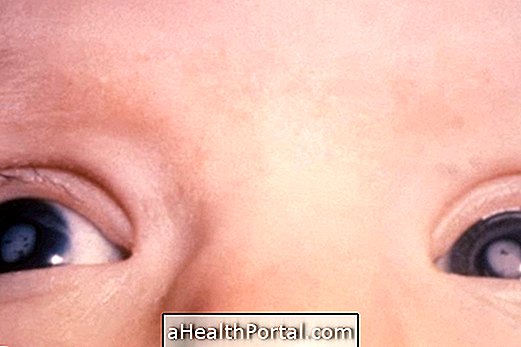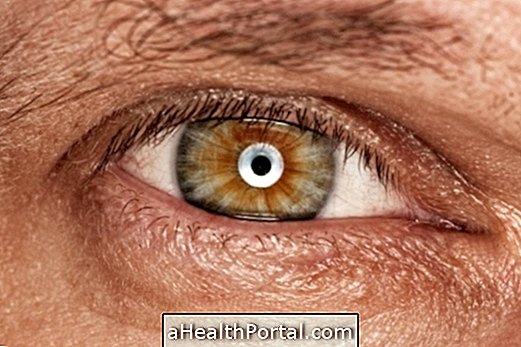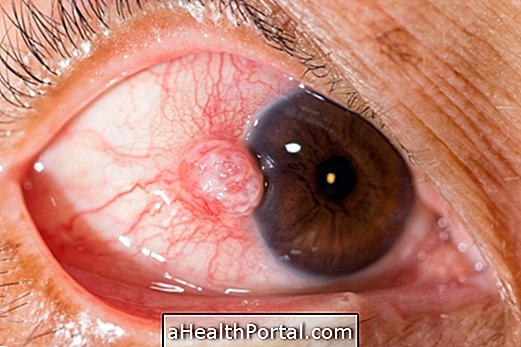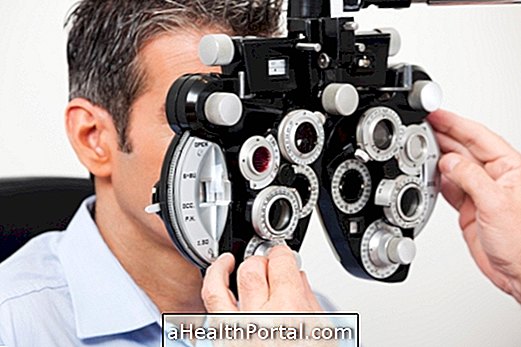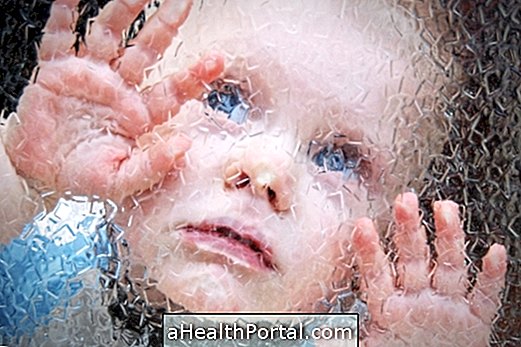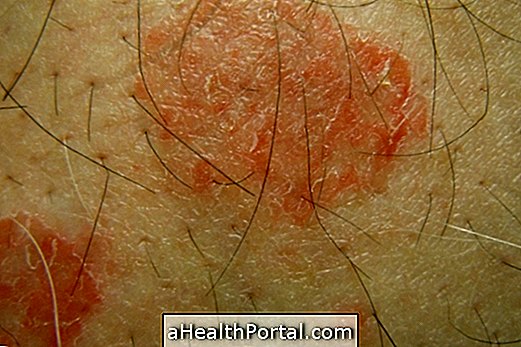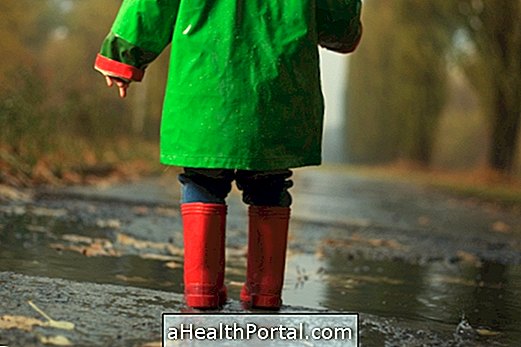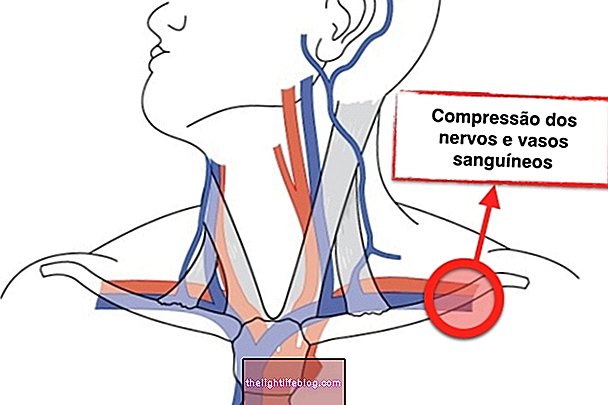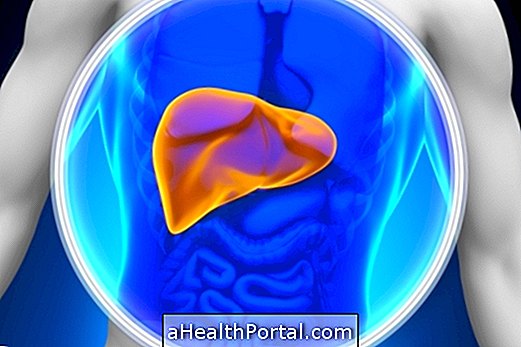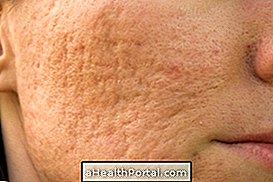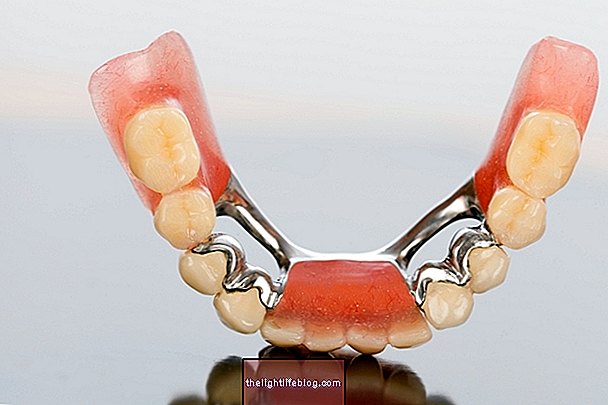The herpes that manifests itself in the eyes, also known as ocular herpes, is caused by the herpes simplex virus type I and causes usually itching, redness and irritation in the eye, being often the symptoms similar to those of conjunctivitis. In addition, in most cases the herpes eye appears only in one eye, however it can also appear in both eyes.
When this type of herpes arises it is important to be alert to the appearance of the symptoms, because when untreated this virus can cause vision problems, such as blurred vision or even blindness in the most severe cases.

Main Symptoms of Ocular Herpes
The main symptoms of ocular herpes are usually similar to those of conjunctivitis and are:
- Sensitivity to light;
- Foreign body sensation in the eye;
- Itching in the eye;
- Redness and irritation in the eye;
- Presence of blisters or ulcers with reddish border and liquid on the skin near the eye;
- Excessive tearing;
- Blurry vision.
In addition to the main symptoms of redness and eye irritation, ocular herpes can also trigger a corneal wound, which can be quickly observed and fever and general malaise within the first 48 to 72 hours.
It is important to go to the ophthalmologist as soon as the first symptoms appear so that the diagnosis can be made and thus start the treatment in order to decrease the chances of complications and even blindness.
How to catch ocular herpes
Ocular herpes gets caught by direct contact with blisters or liquid ulcers caused by herpes, such as blisters of cold sores for example. This virus can be transmitted through hands that have been in direct contact with the wounds caused by the virus, which then came into direct contact with the eyes.
Treatment of Ocular Herpes
Treatment of ocular herpes is usually done with antiviral medicines like Acyclovir or Valaciclovir in tablets or in ointments and with painkillers like Dipirone or Acetaminophen for the relief of pain. In addition to supplementing the treatment, if the doctor finds it necessary, he may also prescribe the use of warm or cold wet compresses, bacitracin-polymyxin ointments to protect the eye and antibiotic eye drops, which will help prevent the onset of secondary infections caused by bacteria.
It is important that treatment is done as soon as possible to avoid complications such as blindness, for example. In addition, herpes can also appear in other parts of the body, such as the mouth or genitals, so it is important to be alert to the onset of symptoms. Learn to recognize the symptoms of genital and labial herpes in Learn how to recognize the symptoms of herpes.
